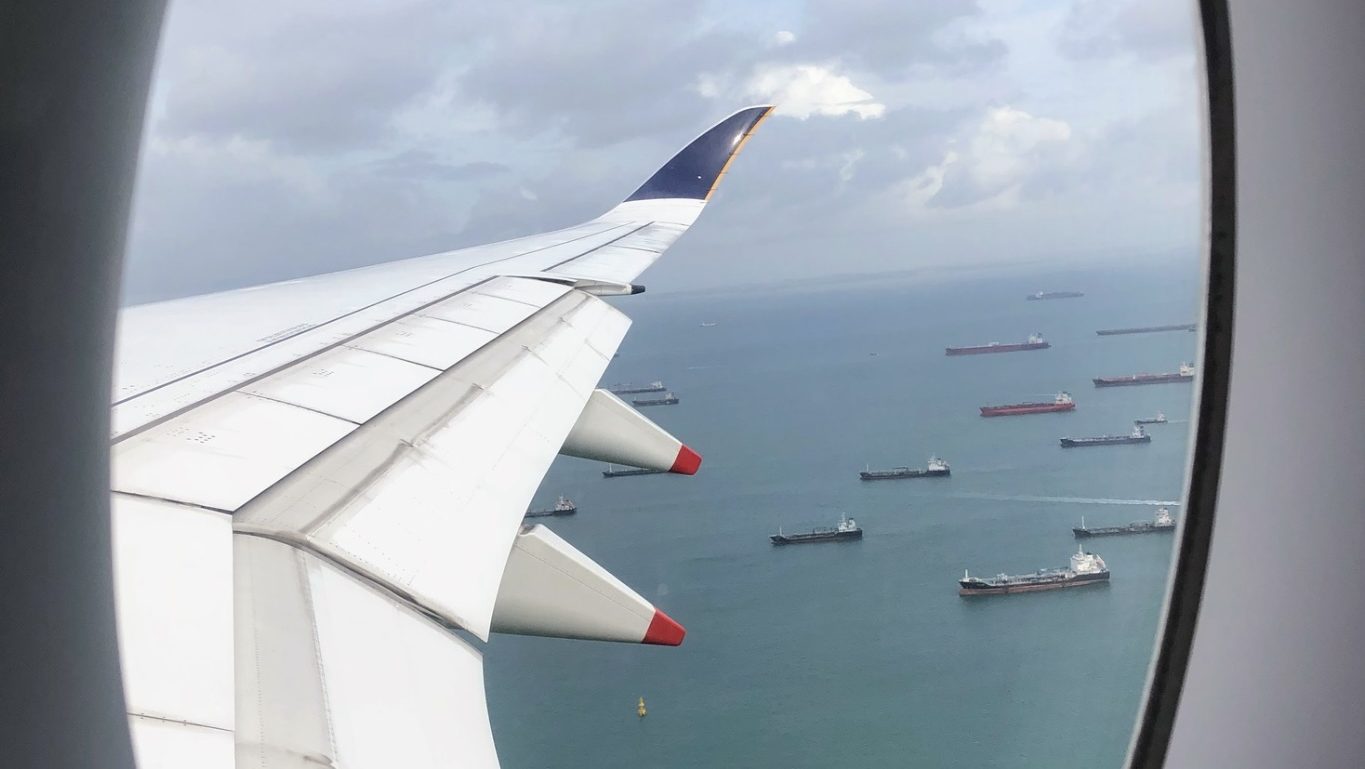Airlines will be facing higher operating costs in the long run as route options shrink due to growing global conflict, according to JLS Consulting’s aviation analyst John Strickland.
The Guardian reported that after the United States launched strikes on Iran, major airlines — including Singapore’s flag carrier, Singapore Airlines (SIA), Air France-KLM, and British Airways — cancelled flights in the Middle East. Meanwhile, Finnair put all its flights to Doha on hold until the end of the month.
The aviation industry has always steered clear of unnecessary risk. Since Russia’s invasion of Ukraine in 2022, most Western airlines have been banned from the Russian airspace, which has already had a major impact on flights between Europe and Asia.
Following Iran’s missile attack on US bases, Qatar temporarily closed its airspace on Monday evening, disrupting key Gulf hubs. These airports play a major role in international aviation, with routes now becoming more limited as tensions escalate.
Just as the closure of Ukrainian and Russian airspace led to complaints from operators over air traffic control delays, a similar scenario could unfold in the Middle East, Mr Strickland said.
For now, flights over Iraq and Iran are still off-limits, while in Israel, only a few rescue flights by El Al are allowed to bring nationals home.
Mr Strickland said, “The Gulf is a busy region, even for airlines who are not based there. The more it is restricted, the more challenging it is for airlines.”
He noted that while cancellations were primarily prompted by safety concerns, shrinking route options will add significant time to flights, which not only makes flights longer but also more expensive to operate as they are “burning more fuel”.
He also added that if crews are on duty longer, flights might be cancelled due to working hour limits, crew shortages, or safety and security reasons.
Share prices of several airlines have dropped since Israel’s initial attack on June 12. /TISG
Read also: ‘2nd isn’t a bad thing’: Singapore Airlines named world’s second best airline for 2025

